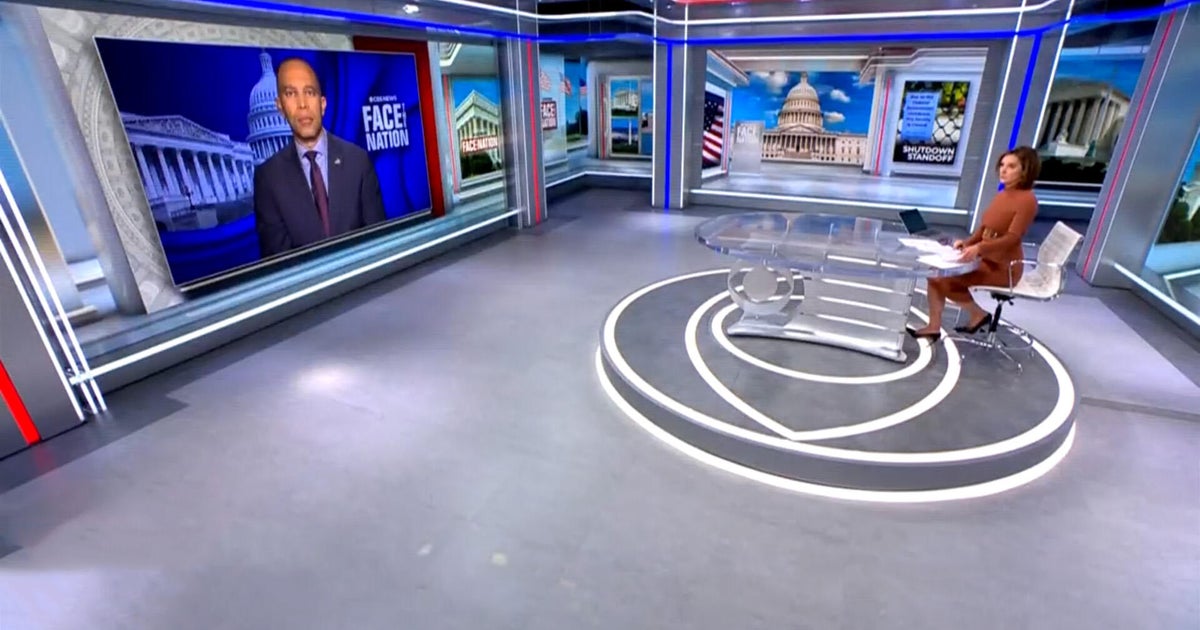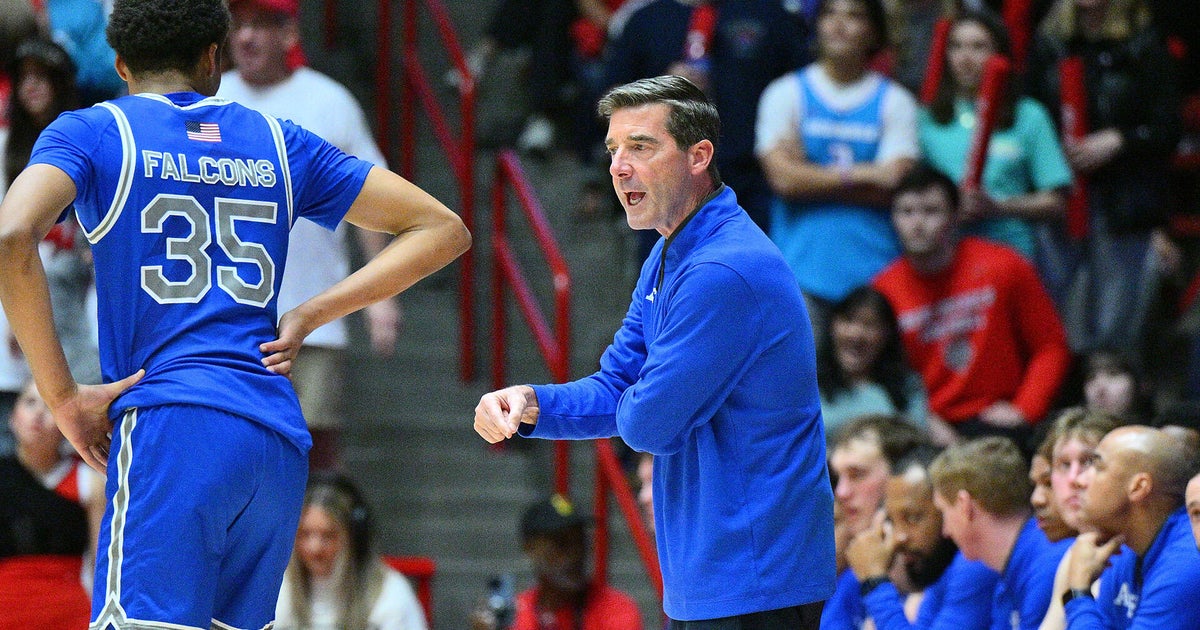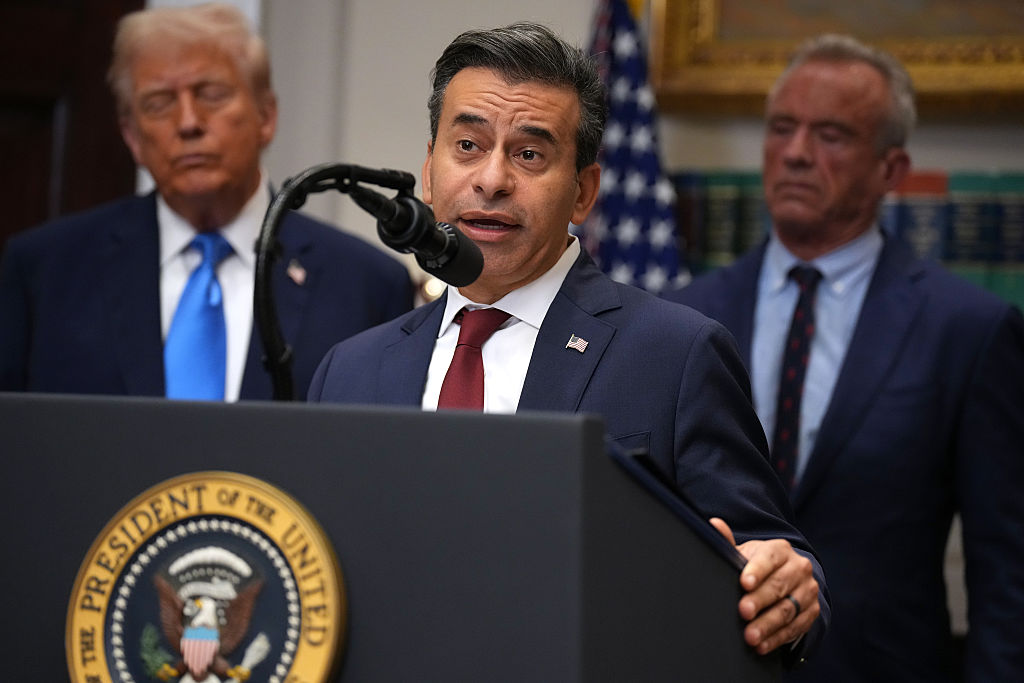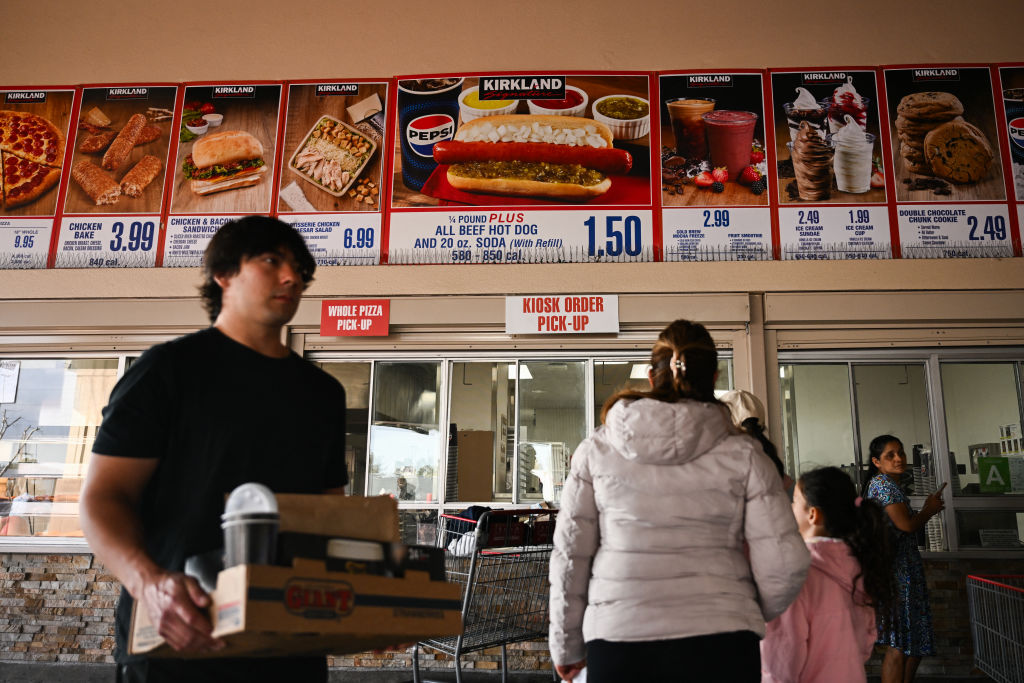Gottlieb says WHO should investigate China's handling of initial coronavirus outbreak
Washington — Dr. Scott Gottlieb, the former commissioner for the Food and Drug Administration, called on the World Health Organization (WHO) to investigate China's role in the coronavirus pandemic that has devastated the world.
"Going forward, the WHO needs to commit to an after-action report that specifically examines what China did or didn't tell the world and how that stymied the global response to this," Gottlieb said Sunday on "Face the Nation."
The coronavirus outbreak originated in Wuhan, China, and has since spread to more than 180 countries. There have been more than 1.7 million confirmed cases of the coronavirus worldwide.
President Trump has criticized the WHO for its handling of the coronavirus pandemic and said last week he is considering ending U.S. funding to the agency.
Gottlieb said he disagreed with pulling funding entirely, as some countries in the Southern Hemisphere will likely be hit hard by the coronavirus in the near future and need resources, but said Mr. Trump raised "valid concerns."
"China was not truthful with the world at the outset of this," he said. "Had they been more truthful with the world, which would have enabled them to be more truthful with themselves, they might have actually been able to contain this entirely. And there is some growing evidence to suggest that as late as January 20, they were still saying that there was no human-to-human transmission and the WHO is validating those claims on January 14, sort of enabling the obfuscation from China."
In the U.S., there have been more than 530,000 confirmed cases of the coronavirus and more than 20,000 people have died. Public health officials have said mitigation measures appear to be working, though they are urging Americans to continue following social distancing measures to curb the spread of the illness.
Still, Dr. Anthony Fauci, director of the National Institute of Allergy and Infectious Disease, suggested Sunday on CNN that some regions of the country may be able to begin a reboot of the economy in May depending on whether there is a threat of an outbreak and the nature of an outbreak already experienced.
But Gottlieb said there is not yet a place in the U.S. that is "optimized" to return to normalcy.
"We're not going to have the testing in place. We're not going to have the public health employees hired to do the effective contact tracing," he said.
Gottlieb said it's "inevitable" there will be some risk associated with reopening businesses activities next month but predicted there will be restrictions on workplace activities.
"I think you're going to see a gradual reopening where governors and mayors say, well, businesses can reopen, but you can only bring back 50% of your employees that are on any one shift, so you force the employers to break up the shifts," he said. "Maybe you tell people over the age of 65 to stay home a little longer. You tell businesses you can't have meetings [of] more than 10 people. You can't have conferences. So there'll be measures put in place to try to limit interactions at the workplace, but allow some work to get on."
Gottlieb said that as the country looks to the future, public health officials will be pushing for testing, tracing and treating, but said to conduct effective contact tracing, states need to hire more workers.
"The states need to increase their resources now," he said. "The feds are going to have a hard time pulsing their resources in the throes of this crisis. So I think it's going to be up to the states, and a lot of it's going to be on the governors."
In Wuhan, for example, Gottlieb said authorities had 9,000 people doing contact tracing at the peak of the coronavirus outbreak. The Centers for Disease Control, meanwhile, has roughly 600 people nationwide conducting tracing.
"Contact tracing is sort of the bread and butter of public health work," he said. "We do this when we have outbreaks of multi-drug resistant tuberculosis or measles, where when you identify people who have an infection, you want to identify people who they were in contact with, isolate them and get them tested as well. That's how you can control outbreaks."





